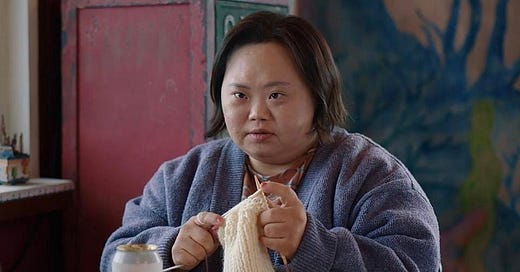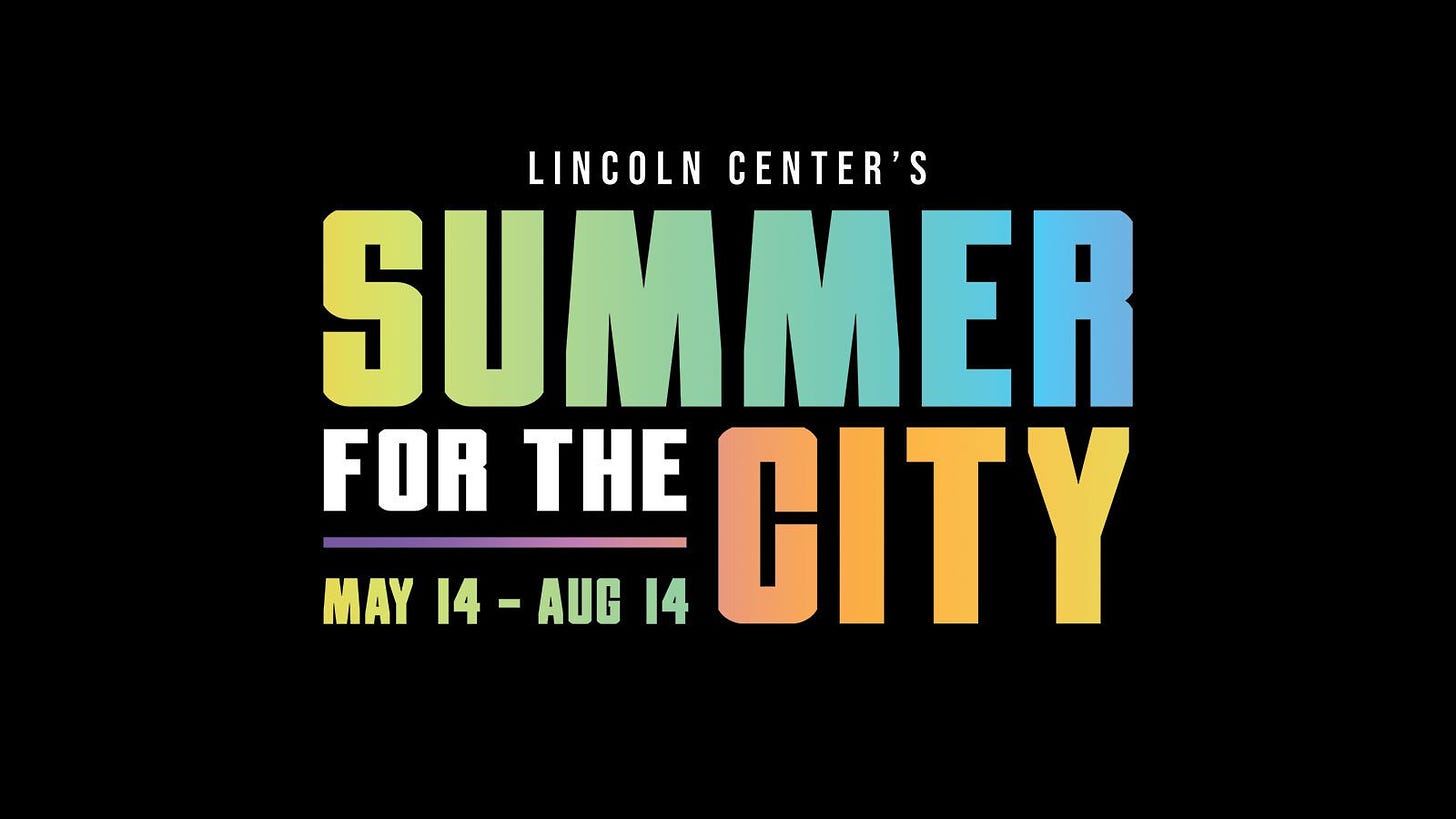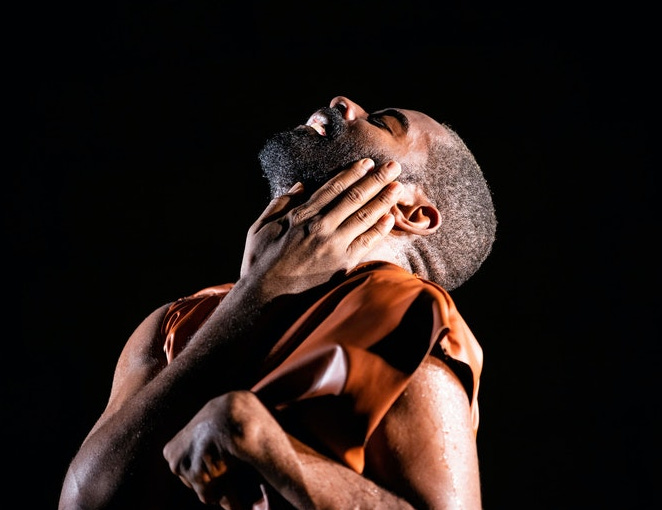Crip News v.39
Independence Day? More like Interdependence Day, as disabled artist Jim Ferris reminds us each year. In 2016, he mused about this small annual tradition:
It's a modest performance intervening in the dominant rhetoric that is so whelming this time of year, about freedom, independence, liberty, all god-terms in Western and especially American discourse whose meanings can be quite slippery except that when operationalized they all seem to pretty much exclude access and opportunity for disabled people. Interdependence Day is a way to remind us all that we all, nondisabled as well as disabled, rely on other people all the time, that no one of us is an island entire of itself, that we require others not just for material needs but to know who, where, and how we are.
Happy Interdependence Day.
DISABILITY PRIDE
In the U.S., July is Disability Pride Month, commemorating the Americans with Disabilities Act that was signed into law on July 26th, 1990. Unsurprisingly, disabled folx have used the occasion for humor…

…and sincerity.
I am delighted to be working on my own Disability Pride project this month. Miranda Hoffner and the Access Team at Lincoln Center invited me to curate a night of performances as part of the Summer for the City Festival to celebrate Disability Pride.
I want to share some of my curatorial statement for “AN EVENING OF ACCESS MAGIC” happening on July 16th from 6-10pm:
“Disability pride” is complicated. As a recent and growing annual celebration across Turtle Island (the U.S. & Canada), it builds on decades of Disability Rights activism to create a more equitable place for disabled people in public life. It stresses the history, culture, and politics of disability. It names the potency of personal transformation that comes with identifying with the integral nature of disability in our lives, families, and communities.
We must also ask: For whom does pride come so easily? In worlds designed by the pernicious logics of eugenics that have been profoundly accelerated by the COVID-19 pandemic, we need to recognize that identification with disability is not safe or redemptive for many whose lives have been deemed, seemingly effortlessly, disposable. It may be more accurate and responsible to talk of “White Disability Pride” than “Disability Pride.”
And the critiques we may share with queer activists’ concerns about the corporate cheeriness of LGBTQ Pride and the time-limited vapidity of “awareness” months are all important backdrops for our work on July 16th.
So let’s root in something emergent, something in formation: access magic. I have found myself reaching for this term as a way of redirecting the often-overriding affect of fear that comes with public imaginations of disability as solely in the domain of legal and regulatory compliance. What if we could imagine our relationships to disability in truly magical ways?
If you are in NYC, please join us on the plazas at Lincoln Center for a program featuring:
Collective tarot reading and group poem making by Cyrée Jarelle Johnson
A ritual by Nocturnal Medicine
An installation by the Society of Disabled Oracles
A silent disco dance party with
A DJ set by Who Girl (me!)
Vibrotextile suits by Music Not Impossible
Artistically integrated ASL
Live poetic captions and lyrics
Choreographic activations
And more!
Look for more information in next week’s issue.
NEWS
New Works
The streaming video work of Jerron Herman’s solo performance VITRUVIAN - “an allegorical tale of the life cycle of the Vitruvian man as he traverses several hemispheres” - will be presented by Abrons Arts Center from July 6th - July 30th. Buy tickets here.
Henshaws Arts and Crafts Centre in Knaresborough, U.K. will present the Artmaker Symposium and Festival featuring guest artists and facilitators in the field of Disability Arts July 8th and 9th. More info here.
Seve Chambers tells the story of Lois Curtis’s multi-disciplinary artistry after the Supreme Court’s 1999 Olmstead decision for Black Art in America.
Disabled artist Leala Hewak’s large-scale tartan installation wraps a building in Saint John, Canada.
Disabled actress Jung Eun-Hye stars in Our Blues on Netflix, from the South Korean network tvN.
Charlotte Jansen writes in The Art Newspaper about disabled artists’ underrepresentation in European Museums.
For The Gotham Center for New York City History, Francine Almash tells the history of “New York City ‘600’ Schools And The Legacy Of Segregation In Special Education.”
In other news…
Starting July 16th, dialing 988 will connect U.S.-based callers with National Suicide Prevention Lifeline.
NYC’s Metropolitan Transportation Authority has finally vowed to make its subways accessible…well, 95% of them…and by 2055.
The Biden Administration is rolling out free at-home Covid-19 tests that are designed to be more accessible for people who are blind or visually impaired.
CALLS
Kinetic Light is hiring a part-time Finance Manager.
The Queens Museum is accepting applications for its 2-year In Situ Fellowship, offering an annualized salary, full benefits, and studio space. Applications due August 14th.
The Hawaii State Council of Developmental Disabilities (HSCDD) seeks respondents for its Needs Assessment Survey on Health, Education and Employment 2022.
EVENTS
Block Party: From Independent Living to Disability Communalism, part of the Center for Architecture's exhibition, Reset: Towards a New Commons, featuring Juliana Barton, Irene Cheng, David Gissen, and Brett Snyder, on Thursday, July 7th from 5-6pm ET on Zoom. Register here.






